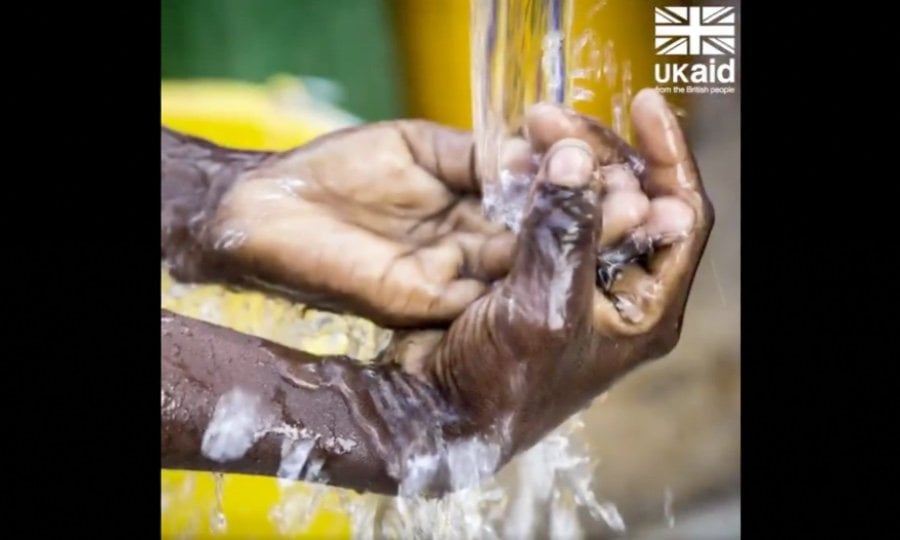LSHTM teams up with UK Government and Unilever to reach a billion people in global handwashing campaign
30 March 2020 London School of Hygiene & Tropical Medicine London School of Hygiene & Tropical Medicine https://lshtm.ac.uk/themes/custom/lshtm/images/lshtm-logo-black.png
The London School of Hygiene & Tropical Medicine’s (LSHTM) research expertise in behaviour change is to play a major role in a new global programme to tackle the spread of coronavirus.
Working with the UK government and Unilever, the programme will reach up to a billion people worldwide, raising awareness and changing behaviour to ensure people are washing their hands with soap regularly.
It is backed by funding of up to £50 million each from the Department for International Development and Unilever. The programme will also provide more than 20 million hygiene products in the developing world, including in areas where there is little or no sanitation.
Such support is vital to stop the spread of the disease in the developing world where the pandemic is threatening to cause major suffering and disruption. Tackling the disease in developing countries will also reduce its potential future impact on the UK, the global economy and travel.
LSHTM is the programme’s technical lead, and will evaluate proposals, provide technical advice on programme content, and ensure that lessons are learnt for the future.
Dr Robert Aunger, behavioural scientist and leader of the LSHTM team said “Washing our hands properly with soap and water is one of the most effective ways to stop transmission of COVID-19. However, populations, particularly in lower-income countries, do not always have access to handwashing facilities nor to persuasive messaging to change washing habits that are ingrained.
“Joining this programme is a great opportunity to employ the skills we’ve developed over many years to support those most vulnerable to COVID-19.”
Some £241 million of aid from the UK government is already being used to help slow the spread of the virus in developing countries. This includes support for research into vaccines and tests, as well as humanitarian support for developing countries.
The mass awareness campaign will run across TV, radio and print, social and digital media to help change people’s behaviour in countries across Africa and Asia, like Kenya, Ghana and Bangladesh. Messages will be tailored to communities in these countries to ensure they are effective.
International Development Secretary Anne-Marie Trevelyan said “Health experts have said washing your hands regularly and staying away from other people are the most effective ways to stop this virus from spreading and to save lives.
“Many people in the poorest countries lack access to basic hand washing products, such as soap, or are not aware of the urgent need to change their behaviour. The UK Government’s partnership with Unilever will make a real difference, helping to protect both developing countries and the UK from further infections.”
The initiative will be led by Unilever’s hygiene brands Domestos bleach and Lifebuoy soap, which have been driving large scale hygiene behaviour change programmes with advice from LSHTM for decades.
The announcement builds on a series of actions announced by Unilever in recent days to tackle the coronavirus outbreak globally. The company employs over 6,000 people in the UK.
Unilever CEO, Alan Jope, said “Lifebuoy and Domestos have a proven track record of running hygiene awareness and education programmes successfully, and we hope that the work we will be able to drive jointly with UK aid will help save lives that could otherwise be impacted by coronavirus.
“As the world’s biggest soap company, we have a responsibility to help make soap and hygiene products more readily available, and to use our expertise to teach people to wash their hands effectively, whichever brand they choose to use.”
The initiative will support British and international NGOs and other partners to run programmes to tackle the spread of coronavirus, through increasing access to hygiene products; a mass public awareness campaign on the importance of handwashing; and a hygiene behaviour change programme.
LSHTM's short courses provide opportunities to study specialised topics across a broad range of public and global health fields. From AMR to vaccines, travel medicine to clinical trials, and modelling to malaria, refresh your skills and join one of our short courses today.